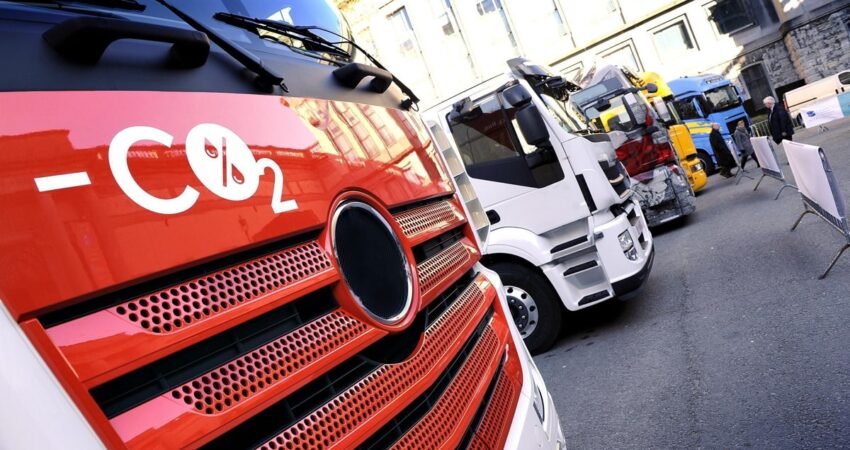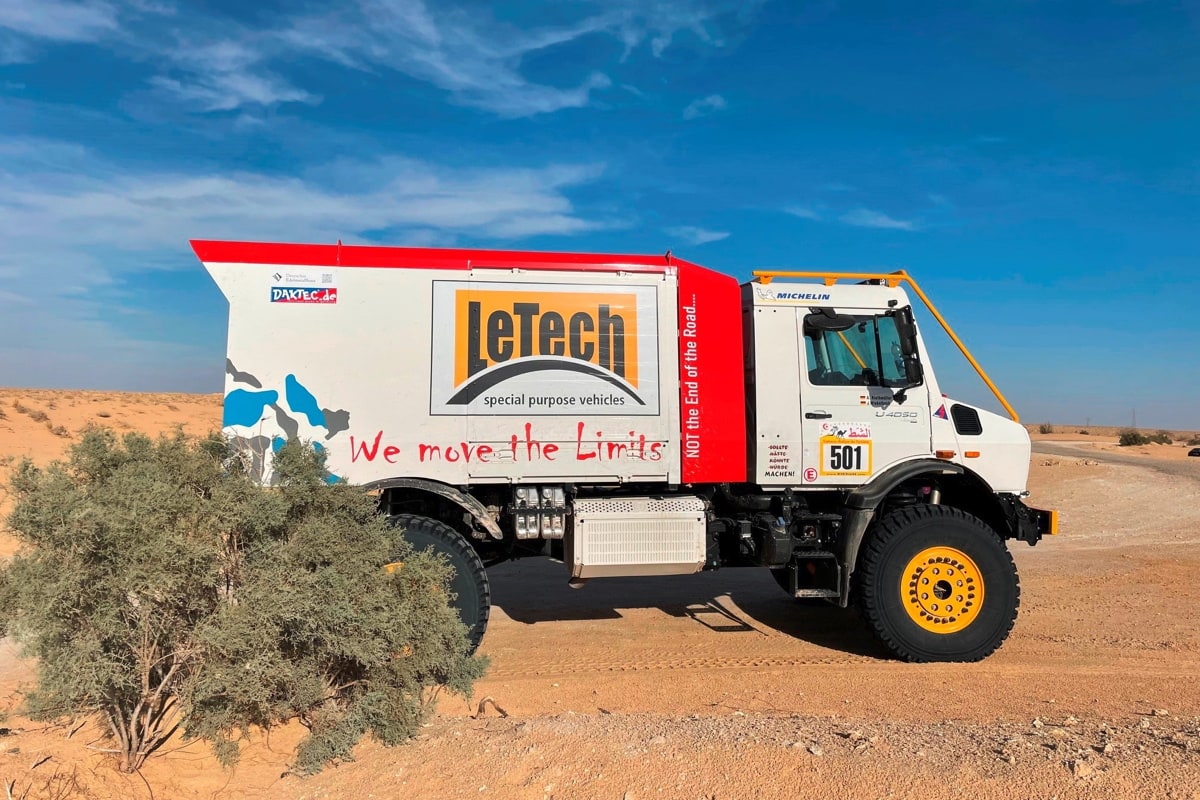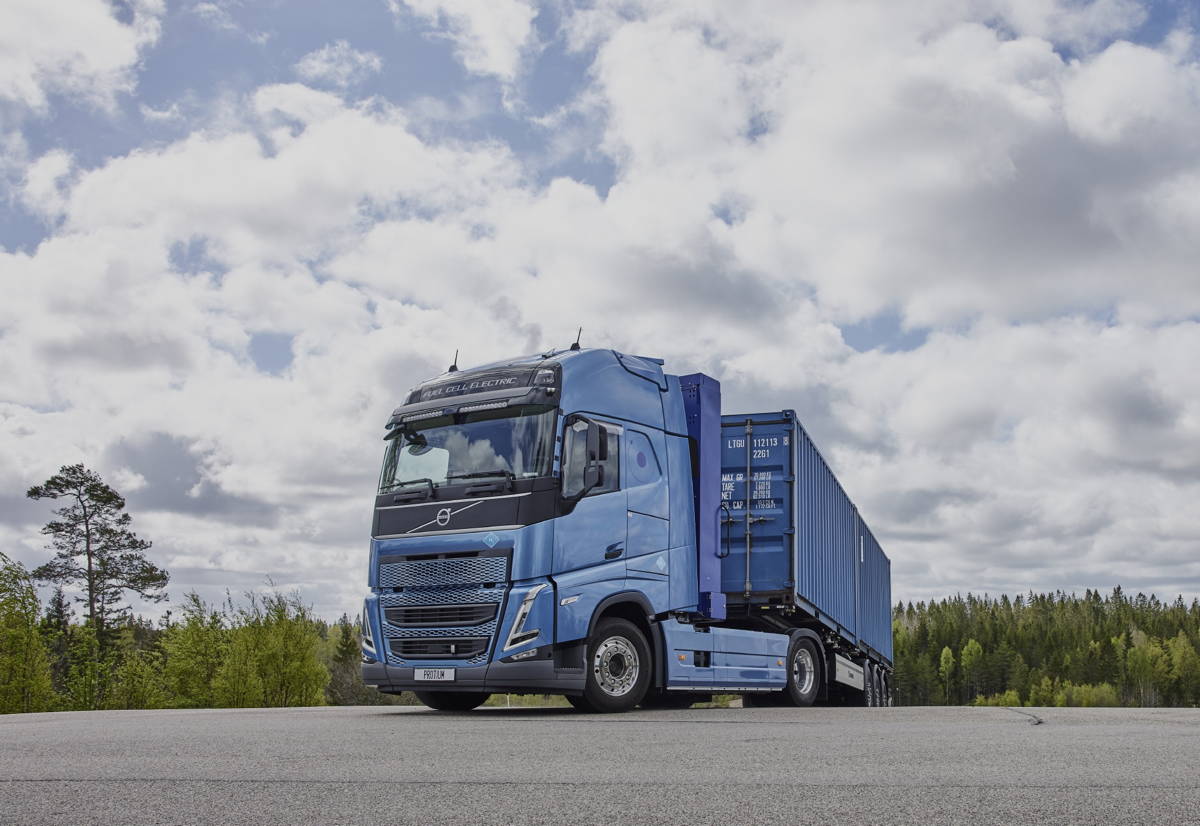The European Automobile Manufacturers’ Association (ACEA) emphasizes the need for a CO2 regulation tailored for trucks and buses, emphasizing that the proposed targets are challenging to achieve without the necessary supporting conditions. While manufacturers are committed to decarbonization and have invested significantly in zero-emission vehicles, these ambitions require a broader collaborative approach.
Ambitious Targets: A Reality Check
European truck and bus manufacturers have voiced their concerns in response to the European Parliament’s environment committee (ENVI) position. While the proposed CO2 reduction targets appear ambitious on paper, the industry argues that achieving these goals in practice presents significant challenges.
Sigrid de Vries, ACEA Director General, emphasizes that “Decarbonizing heavy-duty transport is not a solo endeavor.” The industry operates within a complex and interconnected transport ecosystem, and the transition to cleaner transport requires the commitment and collaboration of all stakeholders, including policymakers.
Infrastructure and Demand-side Challenges
One of the primary obstacles that the industry faces is the lack of adequate charging and refilling infrastructure. To encourage the transition to electric and hydrogen-powered trucks and buses, it is crucial to have a well-developed support system in place.
Customer demand for these vehicles also presents a hurdle, as it currently lags behind conventional models. While manufacturers have invested in zero-emission technology and have these vehicles ready for the market, customers need confidence and incentives to invest in them.
The Role of Policymakers
Policymakers have a vital role to play in creating an environment conducive to decarbonization. They possess a toolbox of measures, including purchase and tax schemes and price signals, which can encourage early investment in zero-emission models. However, these measures need to be more aligned with the ambition of the proposed CO2 targets.
Without the right enabling conditions in place, manufacturers may find it challenging to meet these targets, potentially facing penalties for factors largely beyond their control. It is essential to recognize that industry compliance is directly tied to the broader conditions in which they operate.
Industry’s Concerns and Recommendations
While ACEA appreciates that some of the industry’s concerns have been addressed, it regrets the inclusion of ‘small lorries’ in the scope of the regulation.
In response, ACEA calls for a CO2 regulation tailored to the unique challenges of trucks and buses and urges lawmakers to address these concerns during the upcoming plenary vote and trialogue negotiations. A comprehensive approach that holistically addresses enabling conditions and incentivizes action from all stakeholders is crucial to decarbonize the transport sector while ensuring the industry’s competitiveness.
In the words of Sigrid de Vries, “We operate within a highly interconnected transport ecosystem. To create an environment where vehicle manufacturers can thrive and meet targets, we need a collaborative effort from all stakeholders, including policymakers.” Achieving meaningful progress towards cleaner transport will require coordinated action and support at every level.



